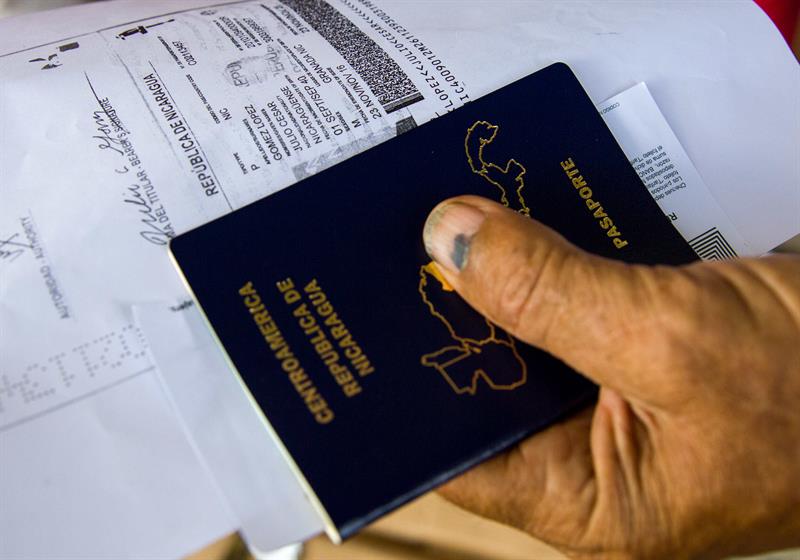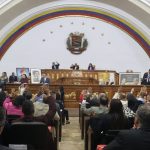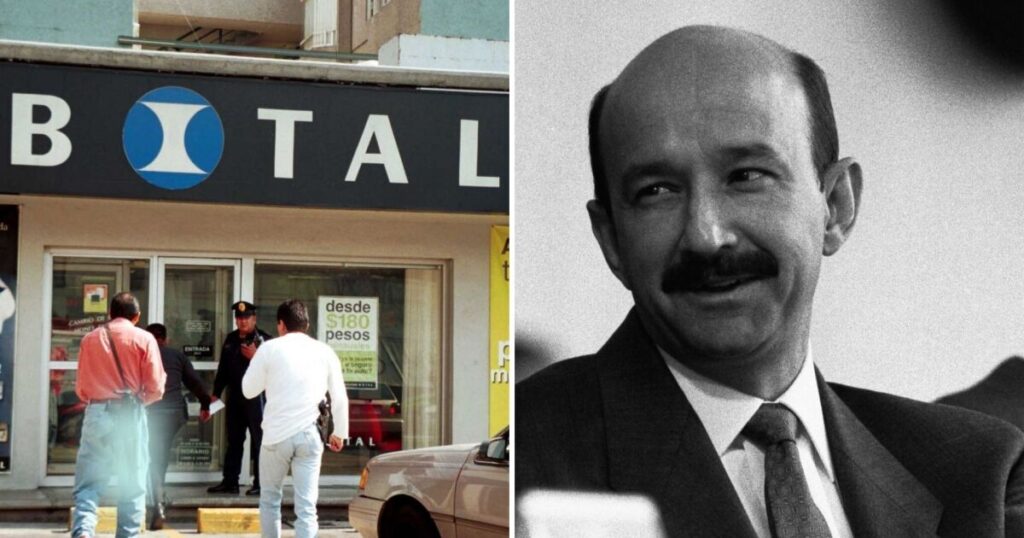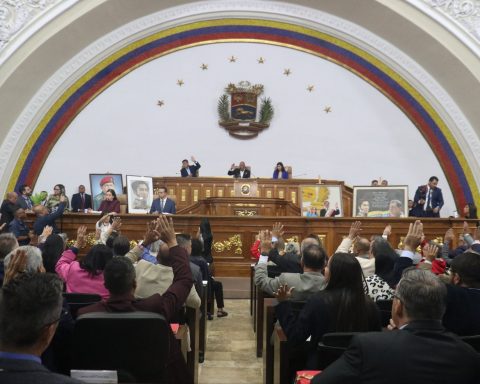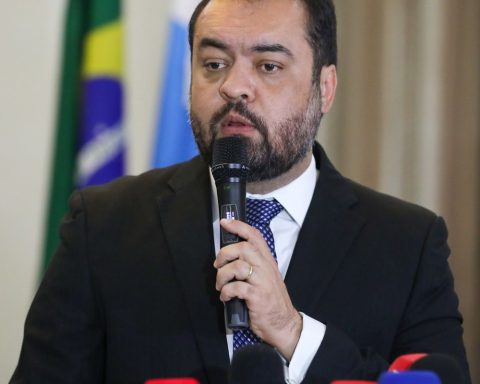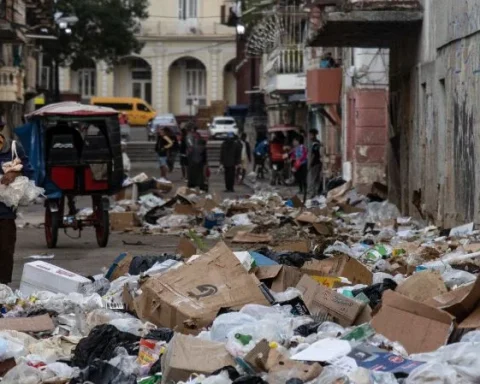The regime of Daniel Ortega left the Nicaraguan opponents, who went into exile in Costa Rica, with minimal possibilities of mobilizing internationally, after the Nicaraguan embassy in that country refused to renew their passport, assuring that the process must be carried out in Managua.
The most recent case was denounced by former Sandinista guerrilla Mónica Baltodano, who, together with her husband Julio López and her son Umanzor Baltodano, tried to renew her passport and after fulfilling the requirements and retaining her document, they informed her that on the instructions of Migration in Managua had to carry out the process in Nicaragua.
“It is an abuse of authority by the State, since they did not even issue a resolution that supports this denial. By doing it verbally and informally, they restrict the possibility of appealing against the decision itself, reduced to superior orders”, lamented Baltodano.
Faced with this situation, the human rights defender, Haydeé Castillo, points out that “as long as the dictatorship prevails in the country, the only way left for us to political exile is to manage and process our political asylum and regularize our situation in the destination countries” .
Nationalize or legalize, two long ways
The human rights defender, Gonzalo Carrión, explains that in the case of exiles living in Costa Rica there are two options to travel. The first is, once they get the migratory status of refugees, request a “travel document”, and the second is to naturalize. However, both alternatives are slow and time-consuming, mainly obtaining refugee status.
“In Costa Rica we have more than 130,000 refugee applicants and according to official and public information it does not even reach 5% of those who have been granted refuge, that is, it does not reach 10,000 people with refuge and without that condition, you can ask for the travel document,” explains the defender, who is a member of the Nicaragua Nunca Más collective and has been a refugee applicant for three years.
The defender emphasizes that if the person only has their refugee claimant card, it will be impossible for them to apply for the travel document. “I know the case of a person in that condition who asked for it and was denied it,” he says.
The second option is for exiles to obtain Costa Rican citizenship; however, this option takes time and does not apply to everyone. According to the website of the Supreme Electoral Tribunal (TSE), all those born in the country of foreign parents, people born abroad of Costa Rican parents and those who have resided in the country for more than 20 years can be naturalized.
Likewise, nationality can be acquired by those who marry a Costa Rican person, those who have resided regularly in the country for a certain period, and those declared stateless or stateless refugees, this last resolution can take up to 200 working days.
Regime uses passports to repress
In Nicaragua, the regime of Daniel Ortega has restricted the freedom of movement of dozens of citizens, journalists, priests, human rights defenders and activists by imposing immigration restrictions and taking away their passports when they tried to travel outside the country.
“There are several ‘actions’ related to travel documents, to the passport, both in Nicaragua and at border points and outside of Nicaragua. It is not only the issue of renovation”, Carrión points out.
Likewise, businessmen, former state workers and active public servants who also have immigration restrictions were known. Earlier this month there was a conflict in Muelle de los Bueyes because a political promoter from the Sandinista Front asked permission to travel and was accused of treason.
Exiles fear reprisals in embassies
Castillo, who is part of the United States diaspora, also points out that there are political exiles who do not go to embassies for fear of reprisals because they have also suffered persecution outside of Nicaragua.
“What I know is that many Nicaraguan political exiles do not even want to approach the consulates because we have had cases of persecution even abroad, so there is a fear because the criminality of the regime is not only within the country,” he says.
